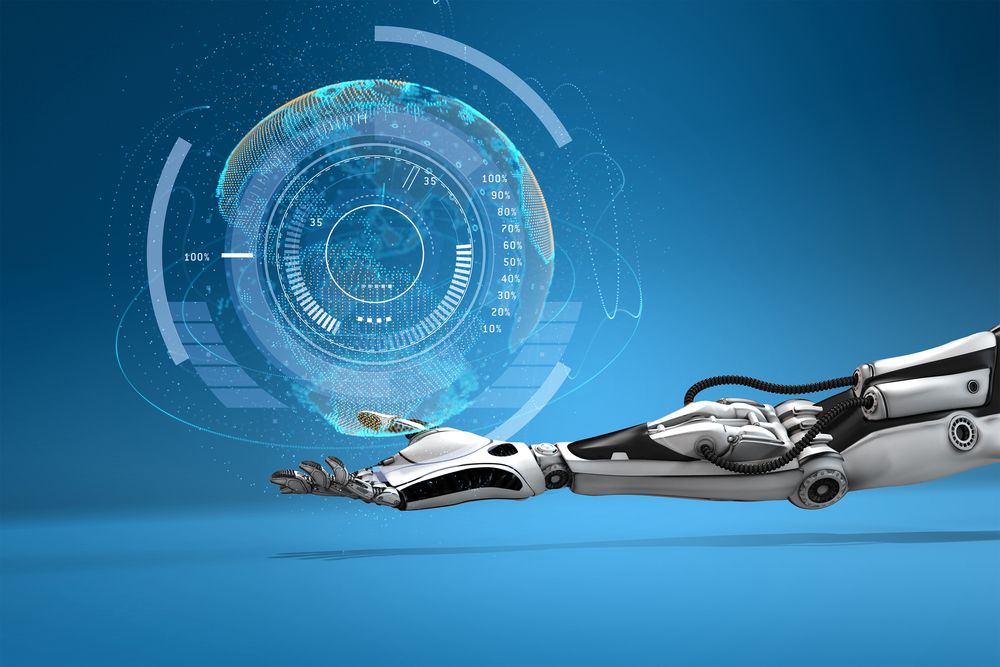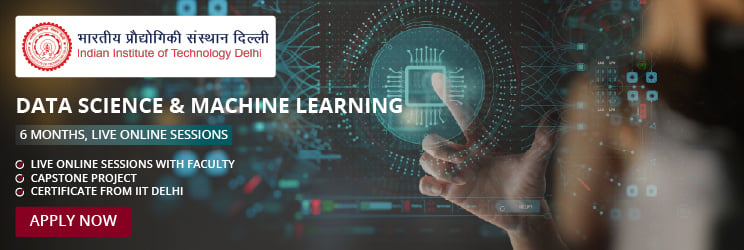What are the Disruptive Business Applications of Data Science?

The proliferation of data science has been massive; from healthcare to advertising, the modern concept has piqued the attention of many. Since its inception, business organizations have been enamoured by data science and its heterogeneity in integrating different business processes. Healthcare, risk management, and navigation are some of the industries that have integrated data science and its tools and techniques into practical applications. We’ll be exploring intriguing instances of data science application in real life.
Before delving deep into data science and its applications, let’s glance through the definition of data science.
Introduction To Data Science
Business enterprises are sitting over a treasure trove of data, and data science helps them turn it into actionable insights. A website defines data science as the process that unifies machine learning, data analysis, artificial intelligence, and deep learning. However, the definition of data science is as simple as this – an activity that helps convert a massive quantity of data into patterns that reveal a conclusion.
Data scientists perform all the major functions of the data science process, from collecting data to interpreting it and drawing conclusions. Therefore, the demand for skilled data scientists has increased rapidly in the past few years. Furthermore, in the evolving business environment, business organizations expect data scientists to perform the following functions:
- Apply mathematical and statistical formulas to collect and interpret data.
- Use different tools and techniques for data mining, data collection, data cleansing, and data integration.
- Be well-versed in processes like predictive analysis, artificial intelligence (AI), machine learning, and deep learning, among others.
- Be equipped to interpret and present data conclusions to stakeholders, customers, and others.
- Be well aware of the new trends sprouting in the industry now and then.
Continue reading for some real-life instances of applications of data science in business.
Top Real-Life Instances of Data Science Applications
Data science applications have helped organizations gain deep insights into competitors, customers, and the market. Moreover, the application of data science in business helps in the automation of many complex processes with the help of tools like artificial intelligence and machine learning. For instance, the application of artificial intelligence in healthcare has helped digitize patient records and ease different administrative functions that used to take time and resources. Real-life instances of data science applications are:
1. Advertising and marketing
Digital marketing uses different data analytics and data science tools to evaluate the reach of an ad. Due to various data analytics and science applications, digital marketers get to know the needs and wants of the target audience, which helps them make personalized ads that suit their preferences. Moreover, data analytics helps measure the traffic generated on the brand’s website and converts the data into potential leads.
2. Tourism
Data science provides meaningful insights into potential customers’ search history and helps target potential customers and convert them into actionable leads. Moreover, data science and analytics help customers by prompting travel suggestions. It also helps them plan their itinerary based on their social media consumption (evaluating and monitoring their social media activity with the help of algorithms).
3. Healthcare
Data science, machine learning, and artificial intelligence have eased the administrative process of the healthcare industry by providing easy storage solutions. It also helps healthcare facilities track their patients’ details – personal details, treatment of patients, patient flow, etc. It is believed that the healthcare system has achieved more efficiency after applying data analytics.
4. Infrastructure
The application of data analytics and science in infrastructure will unburden the work of city planners. Data science applications, for instance, help in bettering accessibility and easing the congestion caused on the roads due to ill-planned infrastructure systems. In addition, it increases the efficiency of infrastructure systems and suggests proper fixtures for common problems regularly occurring due to commotion, etc.
5. Insurance
Machine learning (ML) and artificial intelligence (AI) are a subset of data science that can greatly help Insurance or similar industries that deal with customers daily. The data science processes (ML and AI) provide systems that automate survey collection and customer interaction. They also collect, segregate, and analyze customer data and interpret them into actionable conclusions that can be used to provide personalized services to customers.
In addition, data analysis also helps in understanding customer preferences, etc.
6. Security
Predictive analysis is one of the data science applications that protect the sanctity of public places. In addition, it is believed that different data science applications have also led to a decrease in criminal cases.
7. Transportation
Data science makes commuting an easy and quick process for the masses. It is believed that data science made transportation facilities seamless in the London Olympics a few years ago with its modern applications.
Data science applications are widely popular these days. A few of the data science applications like predictive analysis, pattern recognition, etc., have increased the efficiency of many companies and hence are quite popular in different organizations worldwide.
In the next section, we’ll look at some of the top data science applications widely used in business enterprises.
Top Data Science Applications
- Anomaly detection: It is a popular data science application frequently used in business to spot anomalies in humungous data sets.
- Pattern recognition: This data science application helps in recognizing a pattern in data. Retailers widely use it to monitor customers’ purchasing behaviour.
- Predictive modelling: Many businesses use predictive analysis to make crucial business decisions. It tracks patterns in data.
- Sentiment and behavioural analysis: In this data science application, the business enterprise tries to understand the customers’ sentiments and behaviours.
- Conversational systems: It is one of the first data science systems that was introduced in business processes. It helps in engaging customers by striking a conversation. Conversational systems are similar to chatbots.
Now that you know everything about data science, you are all set to kickstart and fuel your career in data science. For this, it is imperative for you to be well-versed in data science’s fundamentals and applications in business enterprises, definitions, new trends, and others. You can seamlessly achieve this by undertaking a full-fledged data science certification course. Emeritus India offers some of the best data science certification courses in collaboration with renowned Indian and international institutes. So, wait no more, and enrol for a data science course today!







